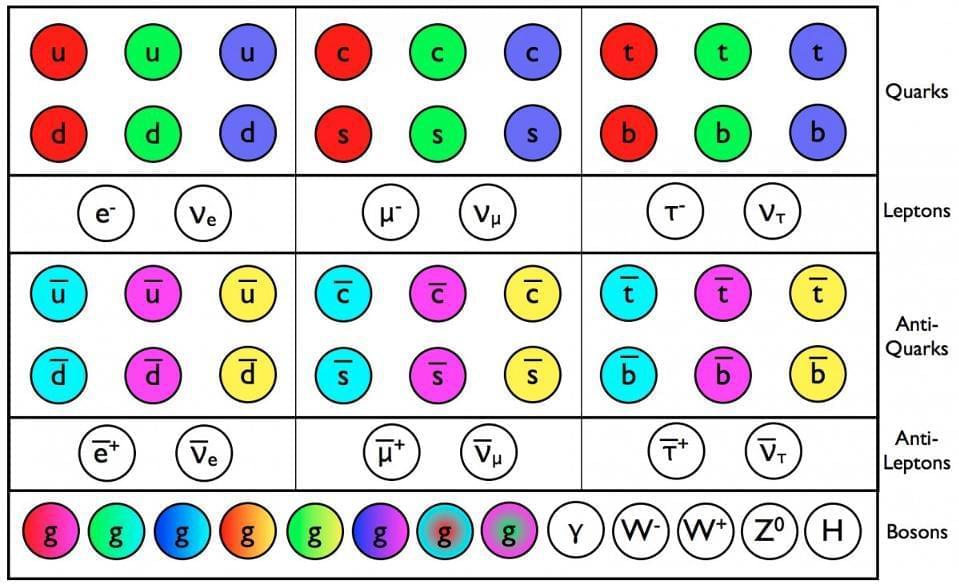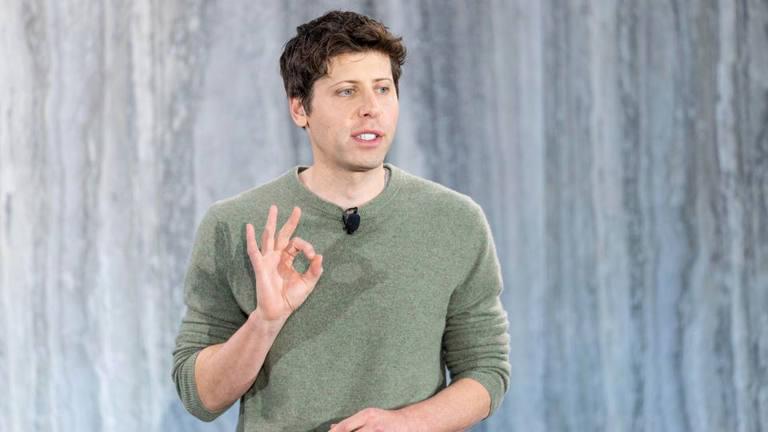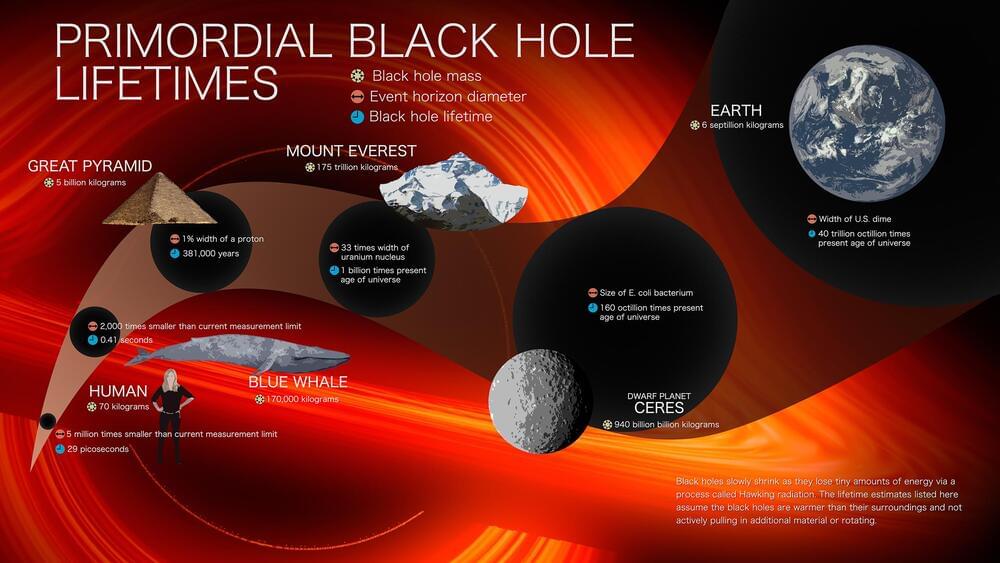According to the philosopher and cognitive scientist Daniel Dennett, a conscious state is a brain state that is spread out in both space and time. It is spread out in the brain across multiple instances of what Dennett calls “content fixations.” These content fixations are the “multiple drafts” in the theory’s name. Each of these drafts compete for domination in the cognitive system. This domination is what Dennett calls “fame in the brain.” Read more about it here: http://www.scholarpedia.org/article/M…
#philosophyofmind





